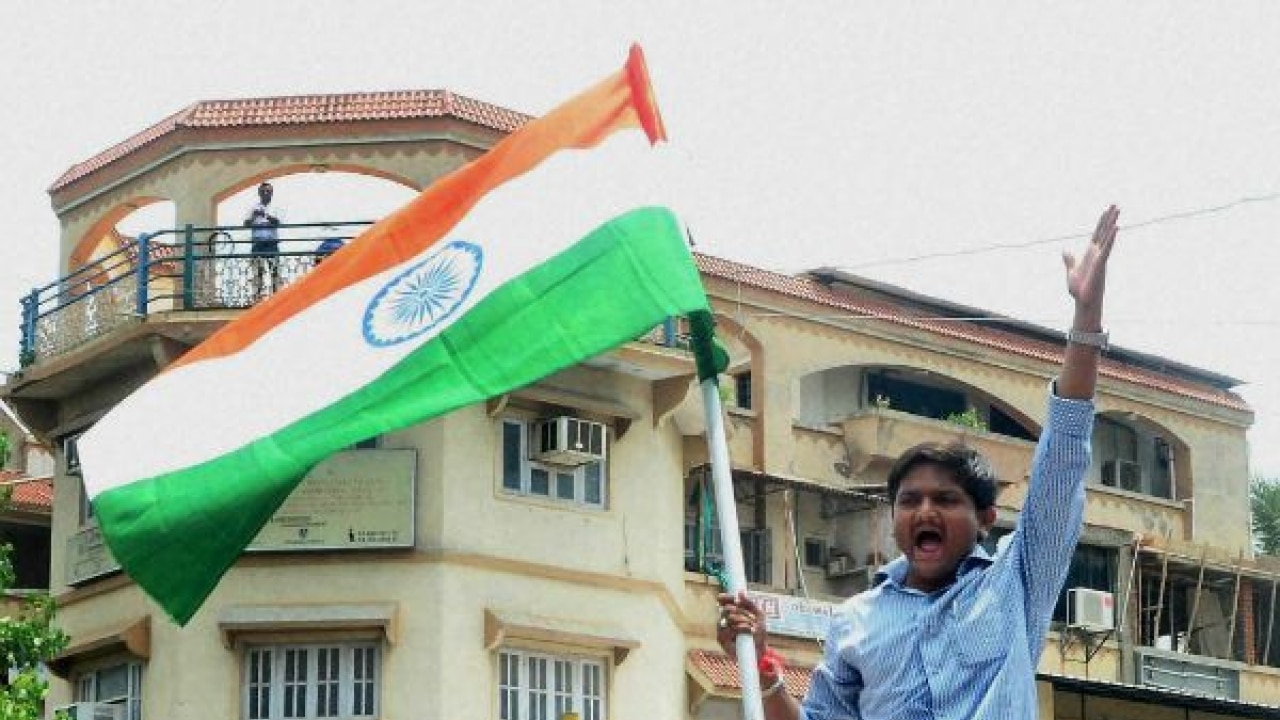
The mass agitation by the Patel community in Gujarat headed by Hardik Patel, demanding an inclusion within the fold of Other Backward Classes (OBCs), has shed fresh light on the political economy of affirmative action in India. The Patel community in Gujarat and elsewhere, are well known for their business and entrepreneurial success. But the community is demanding a quota claiming that the poor majority within the community lack equitable access to education and employment, unlike their rich counterparts. The reach and extent of this demand can be ascertained by the agitators who took to the streets of Ahmedabad and Surat and the mass causalities that took place during and after the protests. The constant reference by the Patidar leader to categories like ‘rich’ and ‘poor’ and ‘more privileged’ and ‘less privileged people within the Patel community refers to the widening of inequalities on economic and class lines within the community.
Governance Failure
The larger context in which people are taking to the streets, often on caste lines, to demand for reservation and other forms of preferential treatment, lies in the historical failure of the welfare state in India. For long, the political class embarked on a strategy of governance that did not have a clear-cut, rational and collective vision for the welfare of the people. The state has largely failed to address issues of quality schooling, elementary healthcare, employment and skill development, housing and pension, which are basic needs of the people.
After 68 years of independence, people in India still die from diseases like diarrhoea and cholera, formal education is imparted without proper classrooms and the elderly are often helpless. Centrally sponsored schemes designed to meet basic needs of the people like the Mahatma Gandhi National Rural Employment Guarantee Act (MGNREGA), Right to Education (RTE), Rashtriya Kishore Swastha Vyabastha (RKSV) etc. are met with implementation bottlenecks, leaving the most deserving out of the ambit of these schemes. Moreover, public policies and programmes for disadvantaged groups always carry a political agenda to fetch votes.
The rise of caste-based political parties with claims to address the socio-economic problems of their own caste/community has further aggravated the discourse on participation and development on caste lines. By manoeuvring caste connections and adding political flavour to the demands of prosperity for the community, political parties have not only failed and betrayed their own people but also fragmented the idea of collective progress and prosperity. The political promises for prosperity along caste-based reservations no doubt, have given significant political mileage, but only to the detriment of the vision of affirmative action in India. The rise of caste-based agitation for availing the benefits of reservation in education and employment can be seen arising out of strong caste-based political outfits.
Private Sectors
The mushrooming of private players in almost all the sectors have further added to the pain of disadvantaged groups. Lack of both economic facilities and social opportunities leaves them vulnerable to the market forces. Unlike many Western countries, the Indian government has not been able to persuade private players to adopt equality of opportunity and affirmative action in education and employment in the private sector. Absence of the practices of equity and preferential treatment within private sectors have rendered to class consumerism, in which the market responds to the demand of a specific class of citizens and thereby creates hierarchies of aspirations and inequalities in the society. Disadvantaged groups are frustrated and feel marginalised as neither the government nor the private sector come forward to ameliorate their conditions of life.
Thus, the rise of mass agitations for quotas across many states of India have to be seen in terms of the failure of public policy in ensuring a basic welfare package for a minimal standard of life worth of dignity and freedom. Unless basic needs of the people are met, over a period of time, they will have significant consequences in producing education and employment inequalities for the group and communities. Ironically, the very foundation of political legitimacy of a government rests with peoples’ welfare.
The author works at adolescent and youth education policy at the United Nations Population Fund. Views expressed are personal.